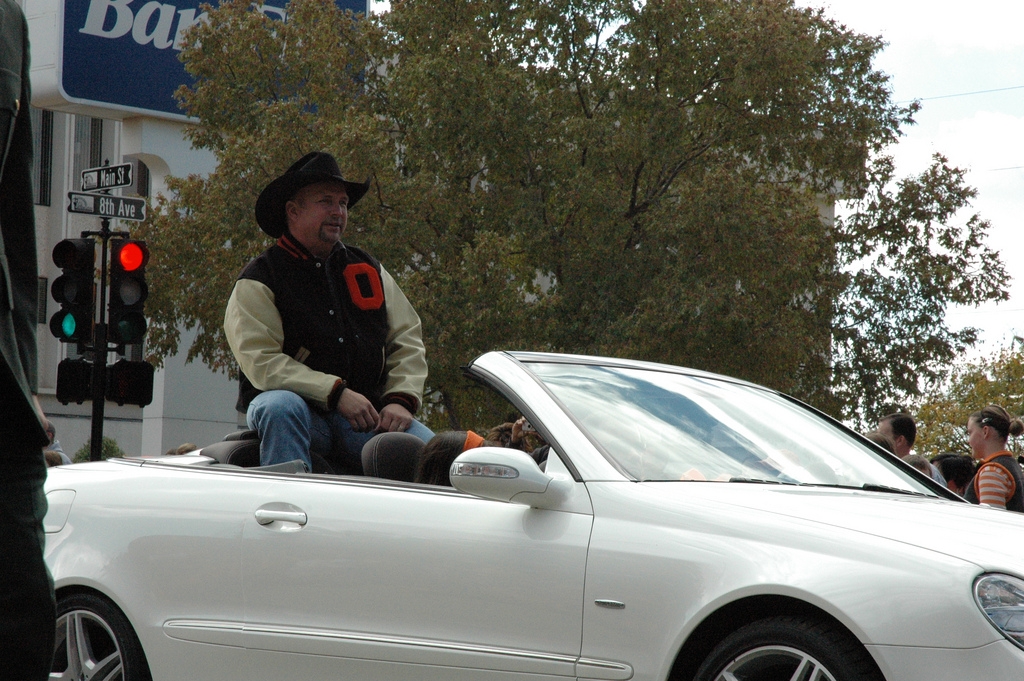
Garth Brooks’ Hospital Lawsuit – Decision Error On Display?
January 26, 2012
Garth Brooks was just awarded $1 million in a breach of contract lawsuit against his hometown hospital. Brooks alleged that the hospital reneged on its promise to build a women\’s health center in honor of his late mother, towards which Brooks contributed $500,000. Brooks asserted the hospital agreed to build and name the project when he made the contribution. The hospital said the donation was unconditional, and his requests for the naming rights came later. The women\’s center was never built, and the hospital told Brooks they intended to use his money for other construction projects.
Apparently, the jury believed Brooks\’ side of the story. They ruled that the hospital must return Brooks\’ $500,000 donation and pay him another $500,000 in punitive damages. Brooks is a home town hero, generally regarded as a likable guy and was trying to do a good thing on behalf of his beloved, deceased mother. Just how did the hospital decide to go to trial on this one?
I don\’t know. I wasn\’t there, I don\’t know those involved and it may be that there\’s more to this story. If so, I hope someone will comment to fill us in.
It appears, though, that the hospital suffered from what Randall Kiser calls “decision error.” Speaking at a meeting of the New Jersey State Bar Association\’s Dispute Resolution Section this week, Kiser delivered a tour de force review of his empirical research and recommendations for effective pretrial decision-making by lawyers and their clients. As described in his book, Beyond Right and Wrong, The Power of Effective Decision Making for Attorneys and Clients, “decision error” occurs when the result a party achieves after trial is inferior to the other party\’s last offer of settlement before trial.
Using this definition, it appears likely that the hospital\’s election to go to trial in the Garth Brooks case was a decision error. The more interesting question is how this decision was made. Randall Kiser offers a multitude of potential explanations, but without being on the inside, one can only speculate. My take away from the Garth Brooks case and Randall Kiser\’s work is that mediation offers the perfect mechanism to reduce decision error. If all of the factual assumptions, legal theories and cost benefit analyses of both parties are subjected to the crucible of a thorough mediation process, the chances of a decision error will be greatly reduced.
Randall Kiser\’s research shows that in only 15% of cases, the result after trial falls somewhere between the last best settlement offers of both parties. This means that one of the parties is wrong (i.e., makes a decision error) in 85% of all cases that go to trial. Among other things, mediation should get both parties to more accurately measure the true value of their side of the case, and thereby reduce the potential for decision error. Future posts will examine some elements of bad decisions the mediator can help to fix.
[Image: Garth Brooks, Marshall of OSU Homecoming Parade, October 17, 2009, by Fletcherspears]
